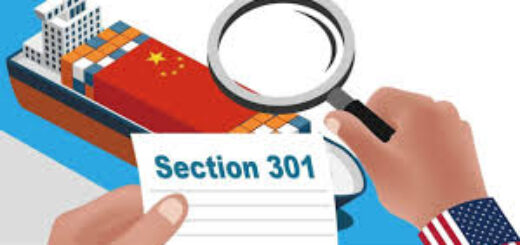DOJ’s Fresh FCPA Enforcement Initiative — What’s New, What’s Not (Part II of II)
DOJ’s new approach to FCPA enforcement presents some interesting opportunities — the headlines from the DOJ FCPA Guidance Memo will bring some significant changes but at the same time some things will not change. Here is my list of what’s new and what’s the same. 1. Increased individual prosecutions and reduced emphasis on corporate prosecutions: The DOJ FCPA Guidance Memo prioritizes individual prosecutions and avoidance...
















